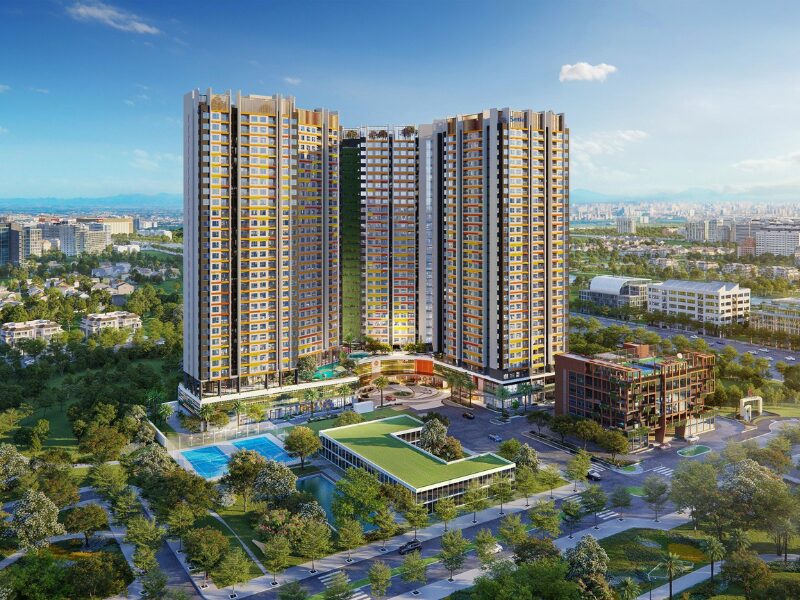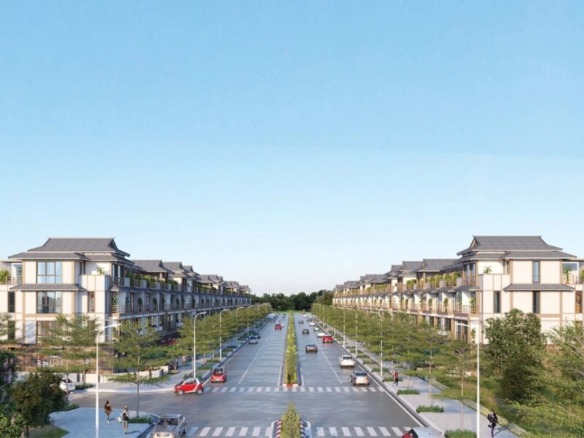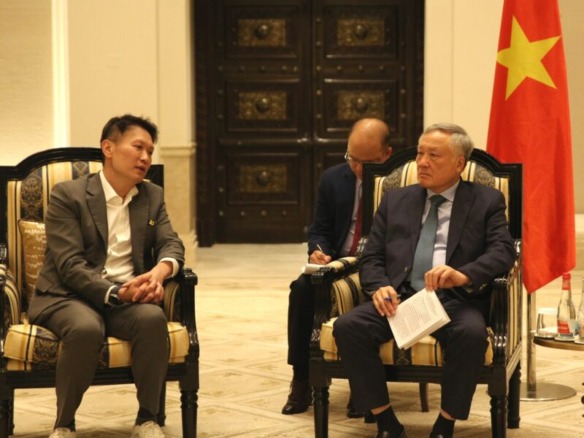Contents
Malaysian Investment Vietnam is gaining traction among foreign investors. In recent months, Malaysian tycoons have poured significant capital into Vietnam’s real estate sector. For instance, UOA Group quietly spent nearly $70 million on prime land in central Ho Chi Minh City. This move highlights the diverse approaches Malaysian firms take in this dynamic market.
Additionally, FDI from Malaysia surged in the first half of 2025. A major boost came from Gamuda Land’s over $1.1 billion project. As a result, total Malaysian investments in Vietnam now exceed previous records. Experts note this trend aligns with Vietnam’s economic growth, projected at 6.5% for 2025 by the World Bank.
However, not all strategies are the same. While some focus on stealthy acquisitions, others pursue high-profile developments. This variety strengthens Malaysia’s presence in Vietnam’s investment landscape.
UOA Group’s Quiet Expansion Fuels Malaysian Investment Vietnam
UOA Group has operated in Vietnam since 2017. The company targets Grade A office spaces. Its parent, UOA Development Berhad, reported strong Q2 2025 results. Revenue grew 31.3%, and after-tax profit rose 50.1%.
The journey started with UOA Tower in District 7, Ho Chi Minh City. Construction began in 2018, and it opened by late 2020. Following that, Millennial Tower launched in 2019 to solidify its southern foothold.
Moreover, UOA diversified through partnerships. In 2021, it teamed with CapitaLand Development on the Sycamore project in Binh Duong. This involved over $115 million in funding.
The highlight was a $68.27 million M&A deal in July 2025. It secured land on Vo Thi Sau Street in former District 1. Consequently, UOA’s total disclosed investments in Vietnam approach $300 million.
This understated approach contrasts with bolder peers. Yet, it demonstrates effective market penetration. For foreign investors, such deals underscore opportunities in urban centers.
Gamuda Land Leads Large-Scale Malaysian Investment Vietnam
Gamuda Land favors massive urban projects. In May 2025, its chairman declared it the top Malaysian investor in Vietnam. Total commitments surpass $5 billion.
Entering Vietnam in 2007, Gamuda built landmarks like Gamuda City in Hanoi and Celadon City in Ho Chi Minh City. These long-term ventures emphasize sustainability and infrastructure.
Recently, M&A activity intensified. In 2023, it acquired Elysian project land in Thu Duc City for $316 million. Earlier, in 2022, it bought from SP Setia in Binh Duong for $230 million.
Furthermore, a 1.1-hectare plot in Hai Phong cost $38.9 million. This residential project has a gross development value of $222 million. Gamuda also eyes infrastructure, like a metro line to Long Thanh Airport.
Such expansions boost Malaysian Investment Vietnam. They create jobs and modernize cities. Investors can learn from Gamuda Land’s projects for scalable opportunities.
Berjaya Corporation’s Multi-Sector Ambition in Vietnam
Berjaya Corporation embodies versatility. As a conglomerate, it spans real estate, hospitality, and lotteries. In Vietnam, it operates through subsidiaries like Berjaya Handico12.
Key assets include the InterContinental Hanoi Westlake Hotel. Additionally, Berjaya holds stakes in lottery operations via partnerships. This diversification reduces risks in volatile markets.
For example, Berjaya’s real estate arm develops mixed-use properties. These integrate retail and residential spaces. Consequently, it appeals to international buyers seeking integrated lifestyles.
Compared to UOA’s focus, Berjaya’s broad scope amplifies impact. It leverages Vietnam’s FDI incentives to expand. This strategy enhances topical authority in multi-sector investments.
Diverse Strategies Enhance Malaysian Investment Vietnam Appeal
Malaysian firms show varied “tastes” in Vietnam. UOA opts for quiet, targeted deals. In contrast, Gamuda pursues grand urban visions.
Berjaya adds multi-industry flair. Meanwhile, peers like SP Setia contribute through land sales and collaborations.
Here are key benefits for international investors:
- Access to prime locations: Deals like UOA’s offer high-yield potential in HCMC.
- FDI support: Vietnam’s policies favor foreign capital, as seen in surging inflows.
- Market growth: Real estate demand rises with urbanization, per recent reports.
- Risk diversification: Mixing sectors, like Berjaya, builds resilience.
Overall, these moves position Malaysia as a key player. Foreign investors should monitor trends. For deeper insights, explore Vietnam’s economic growth data.
Adding expert perspective, analysts predict more M&As in 2026. This is due to stable policies and infrastructure booms. Therefore, Malaysian Investment Vietnam offers promising returns.





Join The Discussion